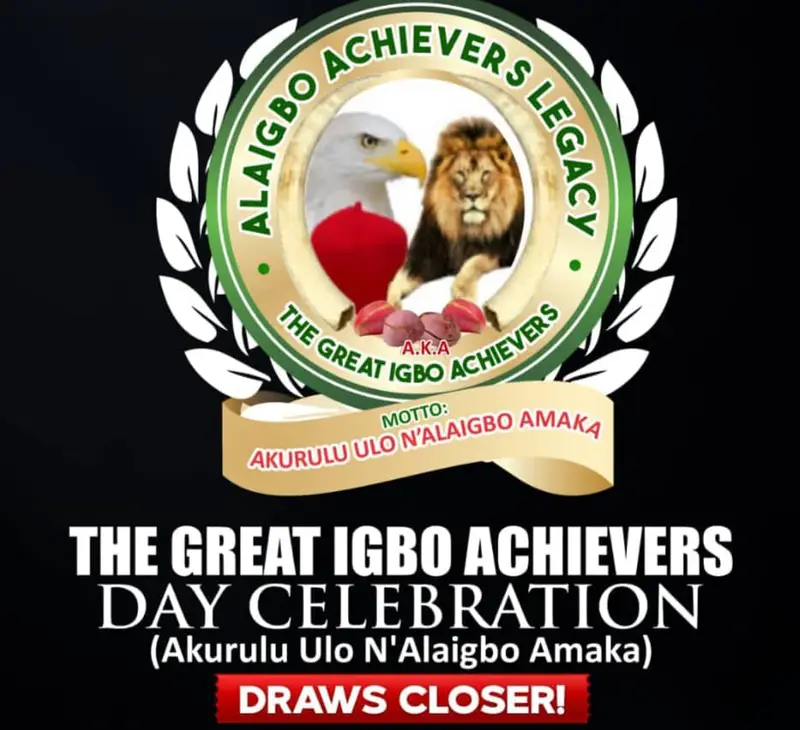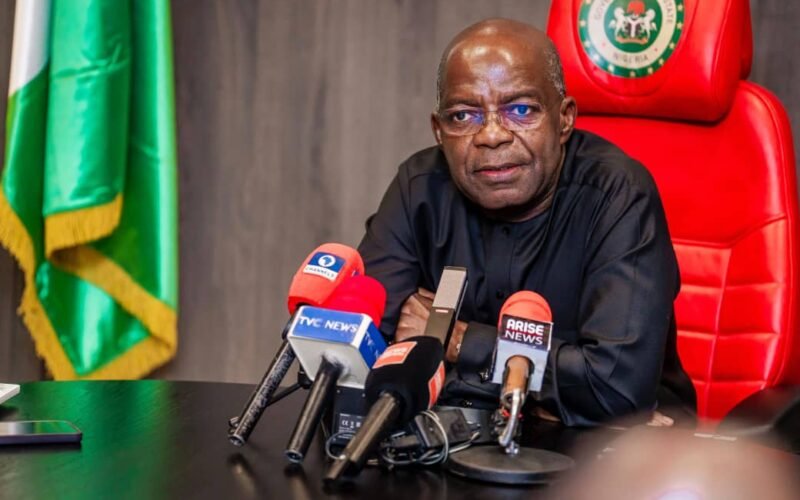Monday’s Mandate: Otti’s Symphony of Renewal in Abia State
As the dawn of this nascent week unfurls its gilded edges over the red-earth hills of Abia, there emerges a cadence of purpose—a rhythm not merely of days passing, but of epochs being sculpted. Dr. Alex Otti, steward of this moment, strides into Monday with the resolve of one who understands that governance is neither accident nor abstraction. It is the alchemy of vision and vigor, a covenant etched not in the ephemeral ink of rhetoric but in the immutable stone of action.
The week begins as a blank parchment, yet Otti approaches it as an architect would a blueprint: with the precision of a technocrat and the soul of a philosopher. His readiness is not the restless agitation of haste but the poised certainty of preparation. For in the quiet interstices of contemplation, he has forged a governance paradigm where projects are not isolated acts of development but interconnected threads in a grand tapestry—a tapestry where infrastructure, education, healthcare, and economic revitalization are woven into a singular narrative of renaissance.

Consider, if you will, the philosophical weight of Monday: a metaphor for beginnings, for the cyclical rebirth of potential. Otti, ever the student of history and harbinger of progress, embodies this ethos. His governance is a rejection of inertia, a repudiation of the stagnant pools of complacency. Each program he inaugurates—be it the modernization of Umahia’s arterial roads, the digitization of public services, or the agro-industrial hubs rising like sentinels in rural heartlands—is a stanza in an epic poem of transformation. These are not mere projects; they are manifestations of a deeper dialectic, where the people’s aspirations converse with the government’s resolve.
Yet, what is vision without the scaffolding of execution? Otti’s administration, meticulous in its orchestration, operates at the nexus of urgency and deliberation. The week ahead thrums with the energy of town hall consultations, the hum of bulldozers breaking ground, and the silent, luminous glow of data analytics informing policy. Here, governance transcends the transactional; it becomes a symposium of innovation and empathy. The philosopher-king of antiquity is reimagined as the technocrat-humanist of modernity, his scepter a spreadsheet, his crown a hard hat.

In Otti’s Abia, Monday is more than a temporal marker—it is a manifesto. It declares that the people’s labor shall not be squandered in the Sisyphean cycles of unkept promises. Instead, their sweat will water the orchards of inclusive prosperity. The week’s freshness is not a passive gift of time but an active construct of will. And as the sun climbs, casting long shadows over construction sites and newly inaugurated clinics, one perceives the silhouette of a state in metamorphosis: a phoenix not of ash, but of audacity.
Let the cynics speak of Mondays with weary clichés; in Abia, this Monday is an altar of possibility. Otti, with the quiet ferocity of a reformer, invokes the words of Seneca: “Luck is what happens when preparation meets opportunity.” The preparation is complete; the opportunity is now. The week beckons, not as a burden, but as a bridge—a span between the Abia of yesterday and the Abia of tomorrow, engineered by foresight, fortified by integrity, and illuminated by the irrepressible light of collective hope.
Thus, the governor rises, his briefcase heavy with blueprints, his spirit buoyed by the people’s trust. For in the garden of governance, Monday is the day we till the soil, plant the seeds, and—with eyes fixed on the horizon—begin again.

Dr Chukwuemeka Ifegwu Eke writes from Yakubu Gowon University Nigeria.







